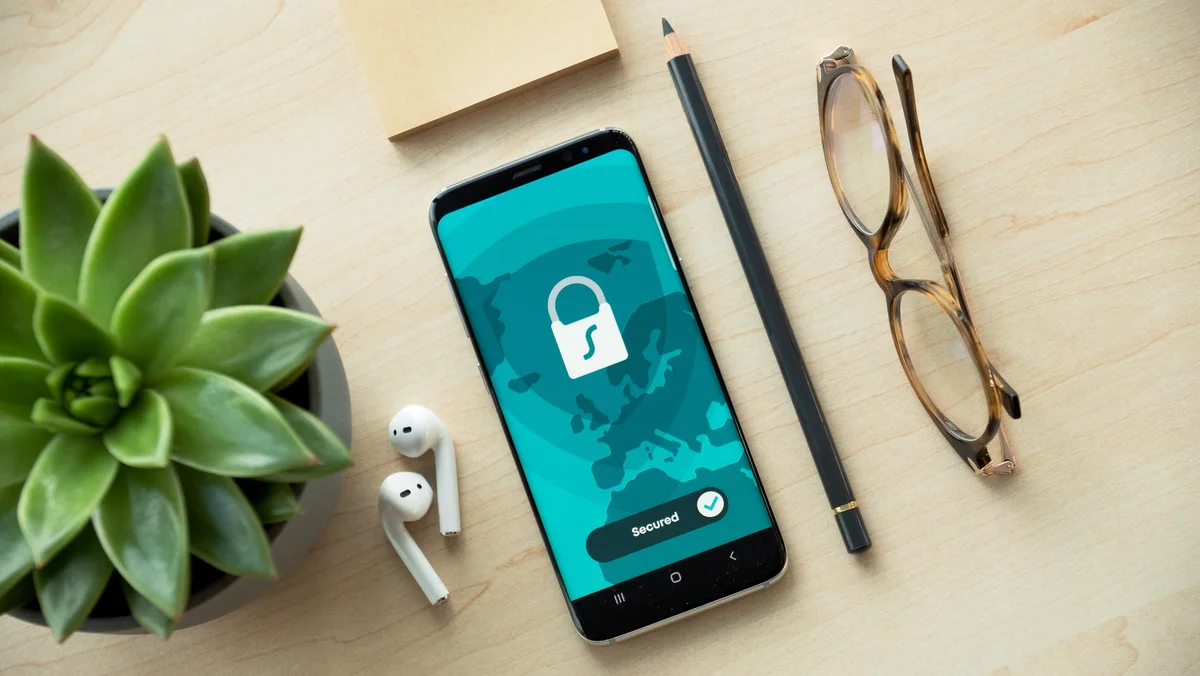8 Best Practices That Will Help in Ensuring Proper Mobile Security
Many people have become extremely reliant on mobile devices as a result of technological improvements for a variety of reasons. Nowadays, mobile applications are used to do virtually every task, and these applications serve to provide a variety of advantages to their users. Mobile Security is being an essential authentication recently.
Mobile applications, on the other hand, are extremely vulnerable to attacks by hackers and other malicious actors. This is the primary reason for the adoption of in-app protection by developers in order to reduce the likelihood of fraud and other issues.
Listed below are some of the most effective mobile application practices, which will help to guarantee that all mobile applications are free of hazards and do not divulge the personal information of their users:
1) Increased data security should be prioritised by the developers.
User confidence in security-related matters should be enhanced by the establishment and dissemination of a data security policy and a variety of security-related guidelines. It will assist to prevent users from falling prey to hackers’ traps since they will be working on programmes that have been carefully designed and built with data encryption features.
The information that is shared across all of the devices is fully safe and secure to transfer. In this case, the developers can refer to the recommendations that have been established expressly for Android and iOS, and they must adhere to them.
Also Read: What is Purple Teaming in Cybersecurity and its advantages?
2) Passwords should never be kept in any way
A large number of users are really lazy, and they choose for the option of preserving their password so that they are not obliged to continually input their Login credentials again and time again on every visit. In all instances of mobile data theft, these passwords may be abused by the perpetrators, allowing them to obtain access to sensitive personal information with relative ease.
People should avoid keeping passwords on their mobile devices and instead opt for the option of using app servers, which will prevent these situations from occurring even if the mobile device is lost.
3) It is necessary to enforce session logout
It is often observed that a large number of people forget to log out of the websites that they are visiting. If these websites are those of banks or other financial institutions, this idea might be extremely detrimental to the users’ experience. In order to safeguard payment applications, someone will have to choose this option first.
They should consider including the option of terminating user sessions after a certain time of inactivity in order to improve overall safety. The developers should also pay close attention to the session logout process that occurs at the end of the programme. It is also important for users to become highly educated and responsible in all of these situations.
4) It is recommended that you contact security experts
The majority of the security-related workforce is extremely knowledgeable in their respective fields. Nonetheless, they should consult with other security teams in order to have a more diverse understanding of the threats connected with it.
There are many various types of organisations that assist in giving comprehensive consultation services in all of this feels so that flaws in the applications can be found and the risks of things becoming compromised are kept to a bare minimum.
Third-party service providers (such as banks and credit card companies) should be encouraged to evaluate the numerous security measures developed by the company’s development teams.
5) Developers should provide a multifactor authentication mechanism
This process, also known as multifactor authentication, is used to provide an additional layer of protection to apps whenever a user logs into a certain application. It will aid in the protection of all types of weak passwords, which may be very easily guessed by hackers, as well as the resolution of difficulties relating to the security of the programmes themselves.
In addition, the multifactor authentication will aid in the development of a secret code that will be required to be input in conjunction with the passwords in order to ensure adequate safety and security. This type of system can be sent by email or text message. The adoption of multifactor authentication will ensure that hackers will not be able to guess weak passwords as readily as they previously could.
6) Penetration testing should be carried out properly
Penetration testing is carried out in order to identify vulnerabilities in a software programme. It is possible to discover the potential flaws of the attackers as well as the security breach of the final form in this manner. Checking the password policy as well as encrypted data is also part of the job.
Performing the activities of the prospective hacker’s security team will aid in the identification of all vulnerabilities related to the apps. It is strongly recommended that perception testing be carried out in order to keep applications running at their peak performance while also remaining entirely safe and secure. White box and black box testing are regarded to be two methods of testing that may be used to thoroughly examine a system for security flaws.
7) Prevent the use of personal electronic devices in the workplace
Many employers opt for the option of requiring workers to carry their laptops to work in order to make the work process as simple as possible. Occasionally, networks are extremely vulnerable to a variety of diseases that may be gathered on the devices of company personnel.
To keep devices safe from these types of concerns, it is necessary to adhere to a number of best practices and refrain from bringing personal devices into the office. To guarantee sufficient safety and security, each of the tools linked to the business network should be properly examined with the antivirus software and other tools, among other things.
8) User privileges should be controlled
The greater the number of permissions granted to users, the greater the likelihood that the security of the application can be compromised; therefore, users with a large number of privileges can do a significant amount of harm to the company. As a result, in order to maintain sufficient safety and security, the chances for users should be reduced.
Thus, in order to maintain the security of applications, the techniques listed above should be implemented in appropriate competition with session handling and key management should be done in a safe manner. Developers can also select for the RASP option in order to be relieved of the worry of hidden vulnerabilities.
Because of this, developers must pay close attention to the guidelines and procedures outlined above to guarantee that users have enough access to safe and secure apps.




